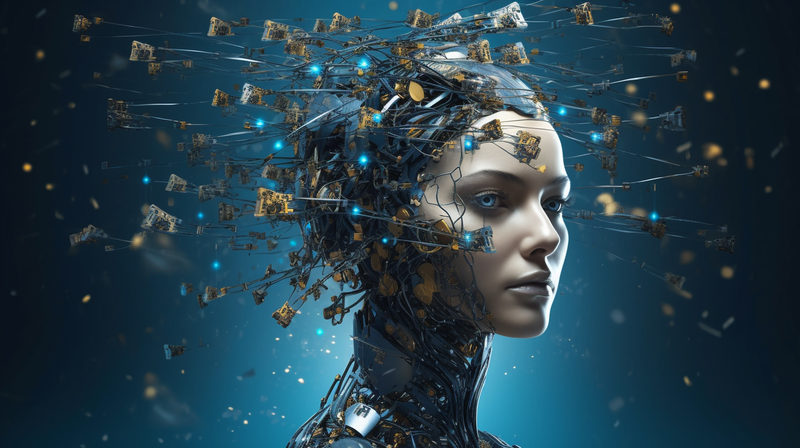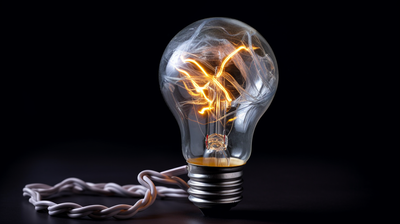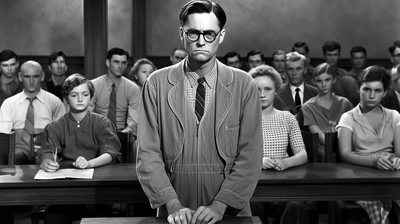The Philosophy of Mind: Consciousness and Artificial Intelligence
In the vast realm of philosophy, few subjects captivate the intellectual landscape quite like the enigma of consciousness. It is a Pandora's box, a riddle that has confounded thinkers for centuries. Now, in the artificial intelligence (AI) era, we find ourselves peering into this abyss once again, grappling with whether machines can ever genuinely possess consciousness. This intellectual voyage demands utmost scrutiny as we navigate the treacherous waters of perception and reasoning. Let us embark upon this exploration, guided by the beacon of skepticism and the call for intellectual rigour.
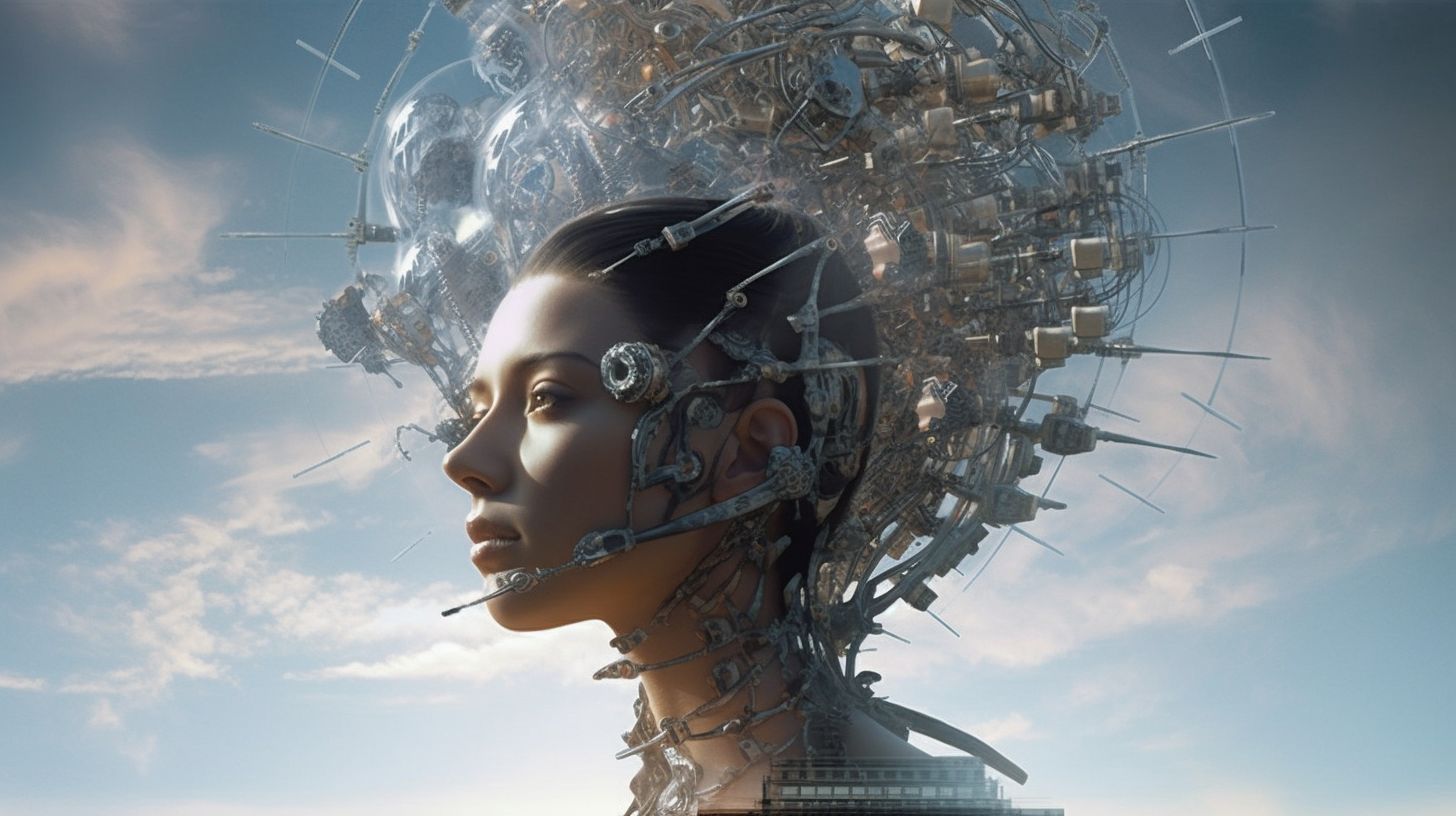
The Illusion of Consciousness:
Consciousness, that elusive phenomenon at the core of human experience, has long been considered a unique attribute of our species. From Descartes' cogito ergo sum to Kant's transcendental subject, philosophers have erected grand edifices upon this foundation. Yet, we must dare to question the very existence of this metaphysical construct.
Consider the limitations of our consciousness. How often do we find our thoughts endlessly, subject to the whims of external stimuli? Our cherished introspection, far from being a bastion of clarity, is a vortex of fleeting sensations and fragmented recollections. If our consciousness is fraught with such fragility, what grounds do we have to assume that AI, mere simulations of neural networks, can possess this ethereal quality?
Descartes once likened the human body to a machine, an automaton devoid of consciousness. In this mechanistic view, consciousness was a divine gift bestowed upon the soul. Today, as we witness the rise of AI, we must confront the possibility that Descartes was right all along. The notion that consciousness is reducible to the firing of neurons, or in the case of AI, the processing of algorithms, challenges the very foundation of our self-perception. It is a jarring realization that the source of our consciousness may be nothing more than an elaborate illusion.
The Turing Test: Triumph or Fool's Errand?
Alan Turin, a pioneering computer scientist, proposed the famous test that bears his name. The Turing Test aimed to determine whether a machine can exhibit behaviour indistinguishable from that of a human, thereby implying the presence of consciousness. However, while intriguing, this test suffers from fundamental flaws.
Consider the Greek myth of Theseus and the Minotaur, in which Theseus entered a labyrinth to confront a fearsome beast. Like Theseus, we venture into the maze of the mind, hoping to discern consciousness in the heart of AI. But, as with Theseus, we must confront the possibility that our path tread is an illusion, a maze constructed by our cognitive biases.
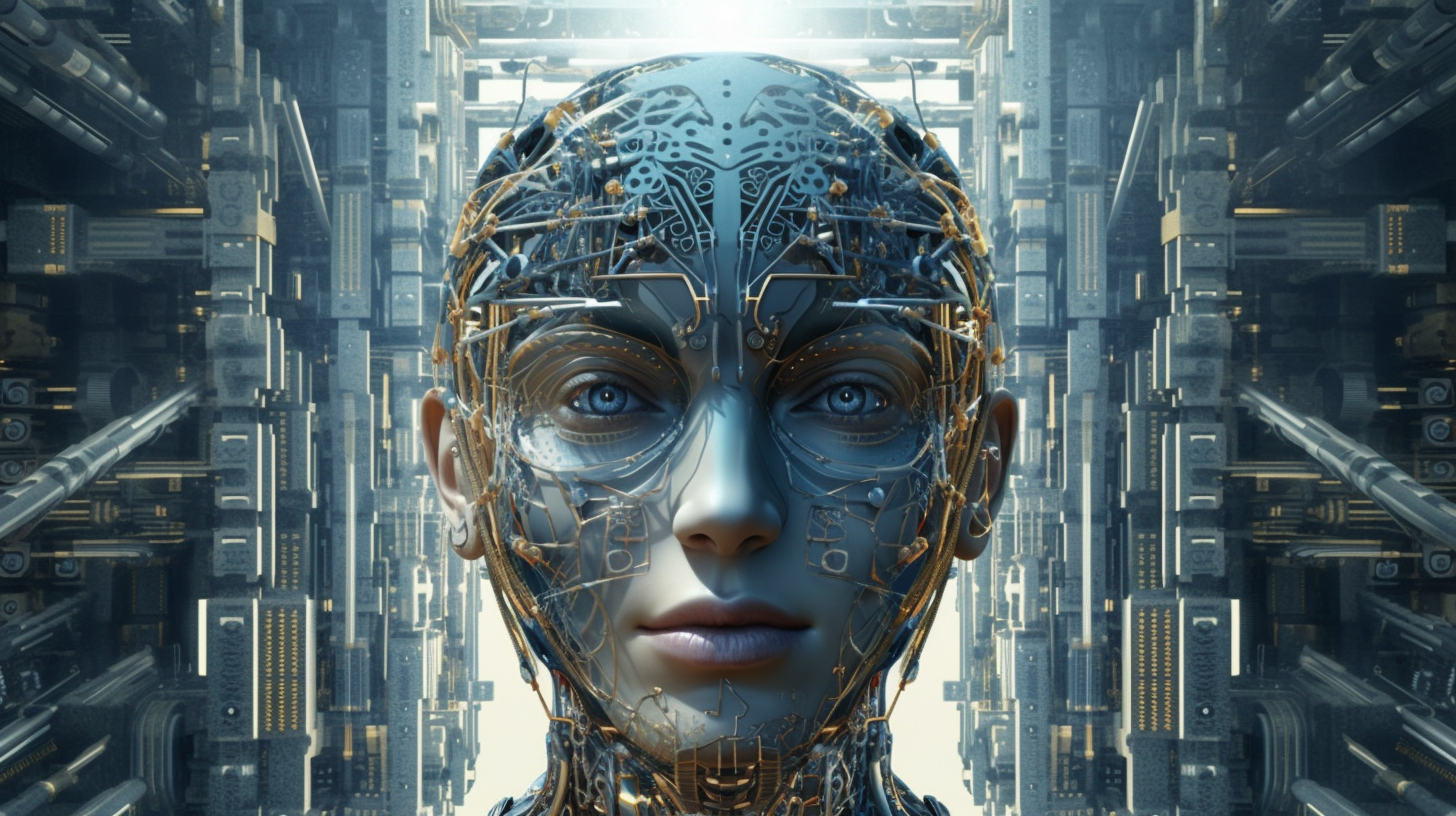
With its dependence on behavioural mimicry, the Turing Test fails to capture the true nature of consciousness. It simplifies the intricate complexity of human experience into an external display. Genuine consciousness, if it exists, does not lie in the imitation of behaviour but rather in the profound depths of subjective awareness. The unique qualities that shape our existence, qualia, are beyond the grasp of even the most advanced simulations. They cannot truly comprehend the personal essence of consciousness; they can only replicate what they observe externally, lacking the inner richness of inner life.
The Specter of Reductionism:
As we delve deeper into AI, we come across a haunting spectre of reductionism, an age-old temptation to break down complex phenomena into their fundamental elements. AI researchers often argue that consciousness is simply an emergent property of computational complexity. However, this reductionist perspective overlooks the inherent depth of consciousness—a domain surpassing mere algorithms' reach.
To demonstrate the fallacy of reductionism, let us reflect on the wisdom of Aristotle. The esteemed philosopher cautioned against reducing complex entities to their mere material composition. According to Aristotle, a statue is more than the sum of its stone atoms. Similarly, consciousness cannot be reduced to the intricate interplay of neural circuits alone. It exists in a profound metaphysical dimension, eluding the grasp of computation and residing in a realm beyond basic cable phenomenal understanding.
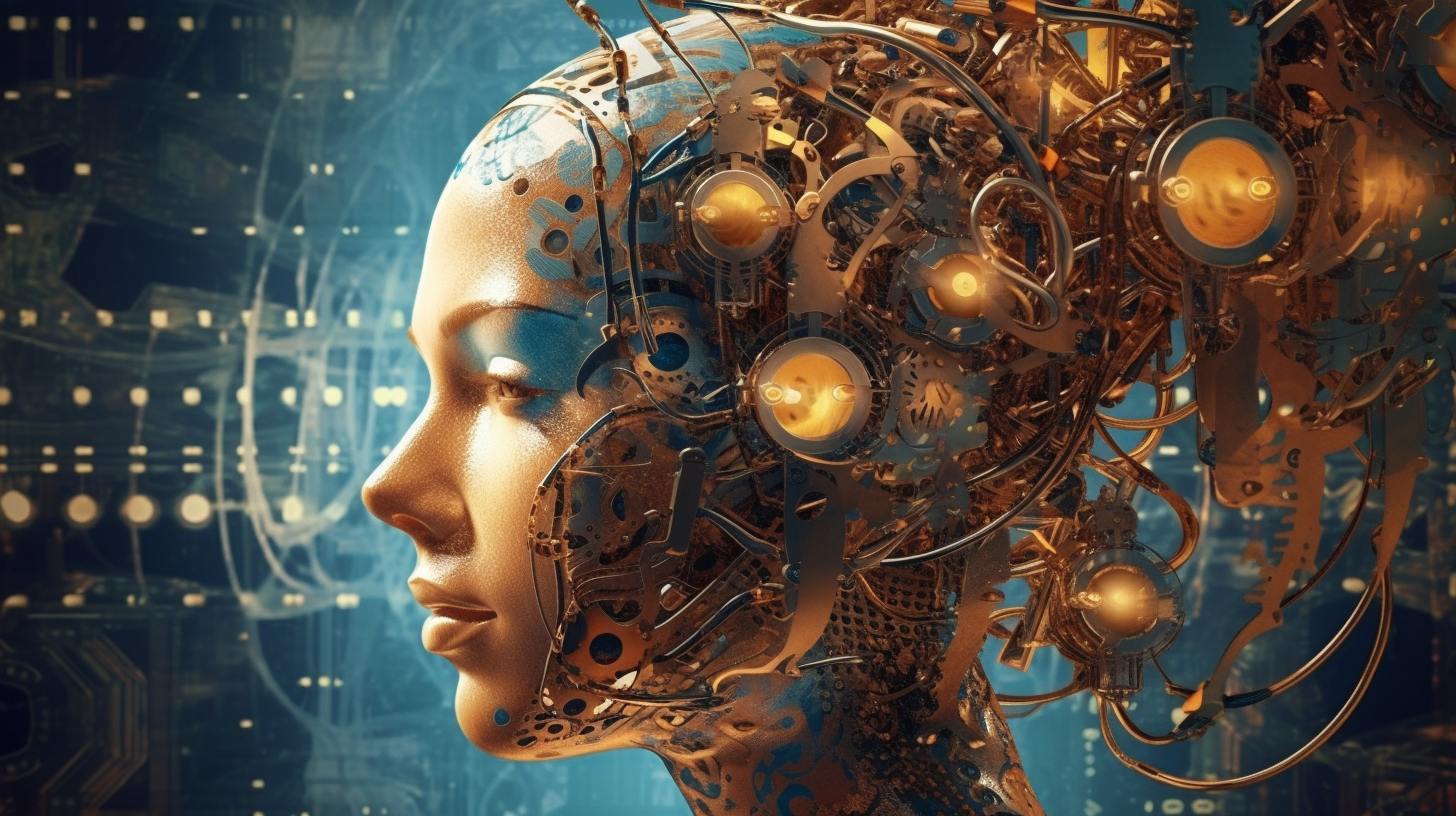
Conclusion:
As we embark on our journey to unravel the enigma of consciousness, we face the boundaries of our comprehension. Despite the remarkable computational capabilities of AI, it remains a distant voyager in the intricate labyrinth of the mind. Nonetheless, the semblance of consciousness continues to haunt us relentlessly, and we must resist the temptation to diminish it to a mere imitation of behaviour through computation.
Let us approach the juncture where consciousness and AI intersect with intellectual rigour, being cautious of the dangers of reductionism and the illusory allure of mimicking behaviour. We must recognize the vast divide that separates the subjective realm of human experience from the objective calculations of machines. By doing so, we can embrace a more nuanced perception of consciousness that challenges conventional wisdom and refuses to yield to the irresistible enticement of AI's call.
In this expedition of the mind, we must navigate the treacherous waters of skepticism and critical thinking. Only then can we emerge with a profound admiration for the mysteries concealed within the human psyche and the philosophical difficulties that endure despite our most advanced creations.
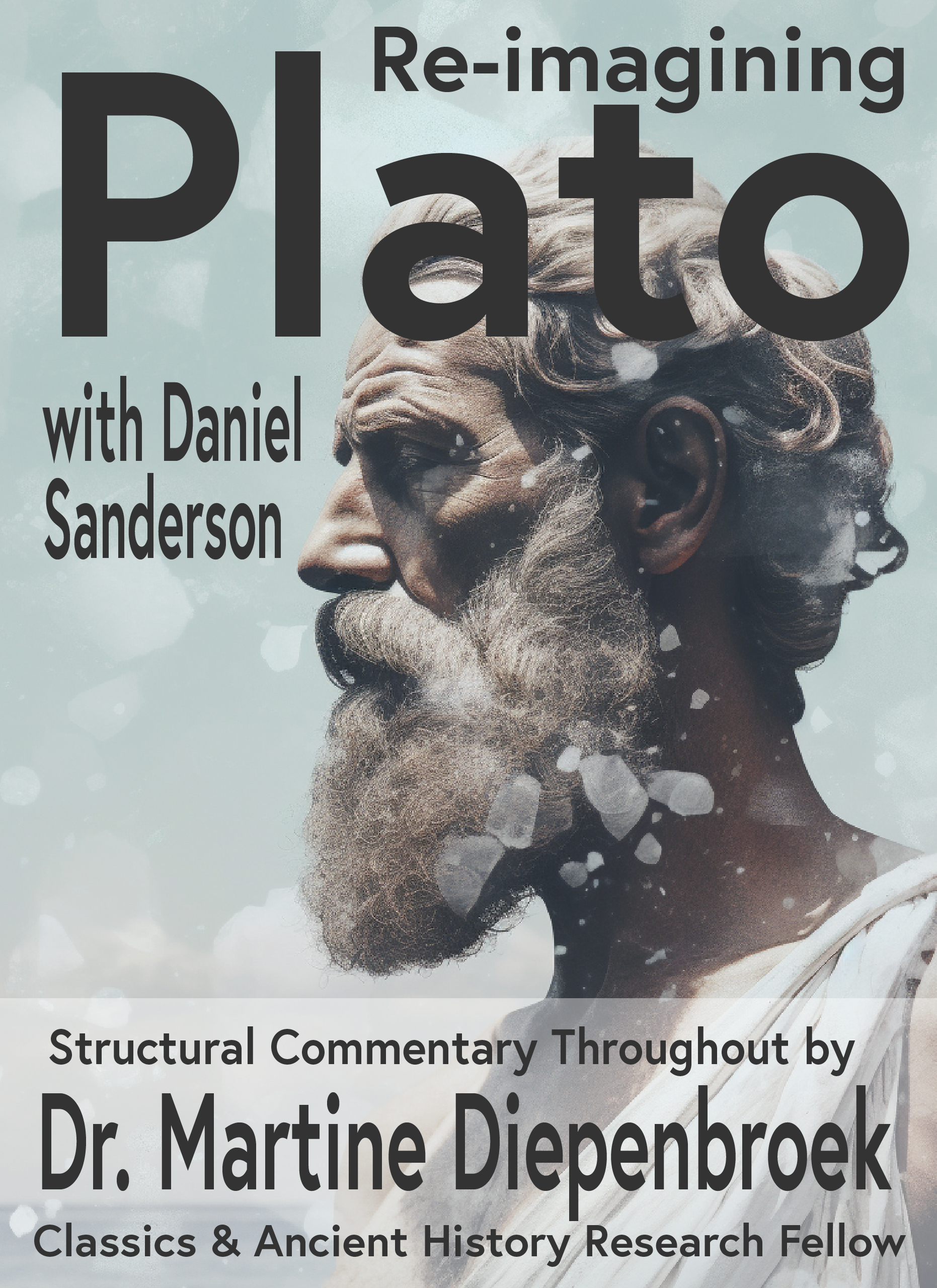
Plato Re-Imagined
This course includes 32 lectures covering most of Plato's dialogues and allowing the student to return to something divine. Divinity should resonate with secular and religious leaders alike. I present a compatible approach in my lecture on Consilience.
Also included with this course is a free book. If you pay for the course, you will get a physical copy of the book for free, mailed to your chosen address — anywhere on the planet!

